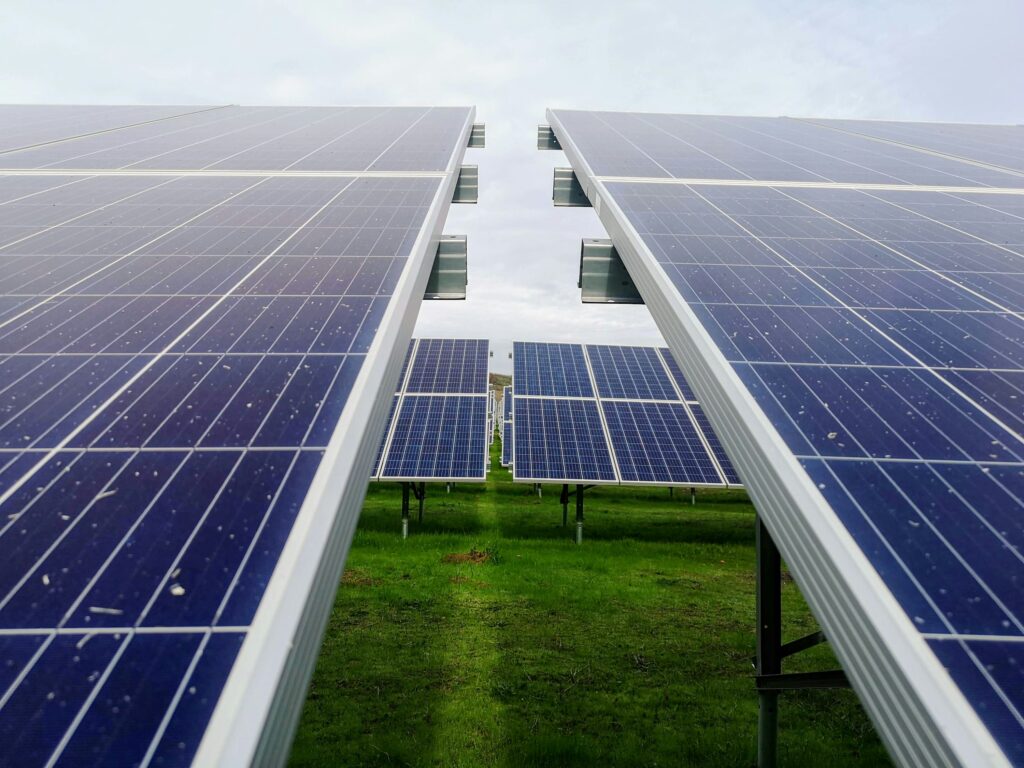From the “settled science” file: former BBC environment analyst Roger Harrabin (studied English at Cambridge) writes in the Guardian under the headline “What frightens me about the climate crisis is we don’t know how bad things really are”. So all those model predictions that allegedly came true, or the ones Al Gore and other activists made up on the fly, don’t tell us anything, though they’re gold, gold, and the ones they’re now making don’t tell us anything either so we’d better believe them? Is that how it works?
Harrabin really does tie himself in knots. He says:
“Over the past few decades, climate scientists have made huge strides in understanding the future climate. But after recent weeks of extreme heat and devastating floods it’s clear that, although climate models have provided good information about overall rising temperatures, they can’t be sure what level of destruction each notch on the thermometer will bring.”
So you just wait until it happens they say you knew it all along? Yeah, more or less. As he also says:
“Climate modelling is extremely complex, but its fundamentals rely on basic physics – X tonnes of emissions will bring Y increase in temperature, with some error bars. Supercomputers have been able to factor in shifts in land use that will change the reflectivity of the Earth’s surface. Improved temperature records helped verify their findings.”
Great. So they’re reliable? Heck no. The Washington Post complains that:
“Californians were preparing for another year of unrelenting drought in 2023. Instead, they got months of incessant rain and some of the heaviest snowfall they have ever seen.”
But instead of drawing any obvious conclusions, it clucks that “Scientists say shifts in the Golden State’s climate could mean more dry years, interspersed with extremely wet ones like 2023.” Could be wet. Could be dry. Flip a coin.
Harrabin meanwhile laments that:
“lately, leading researchers have made a painful confession: even their most sophisticated models can’t yet foresee exactly how Earth systems will respond to those higher temperatures.”
Or anything like it. For instance, he says, “I can’t find heat domes mentioned in the bible of climate change, the IPCC report”. Strange, since after they happen they’re confidently predicted as proof of the theory.
Is it at least agreed that even if we cut emissions sharply now, warming will continue for some time? No, at least not according to James Hansen, the godfather of modern warming alarmism. He just tweeted (and Zeke Hausfather retweeted):
“No. Big misunderstandings about feedbacks. They are largely driven by global temperature. If emissions cease, there would be little additional warming. As cooling begins, feedbacks work in the opposite sense, increasing cooling.”
As Harrabin also says, without apparently realizing the significance:
“The models also couldn’t warn us accurately about the emergence of the heat trapped deep in the ocean, which soaks up 90% of the world’s excess warmth. In the 35 years I covered the environment for the BBC, I recall speculation that the warmth could stay deep for decades, perhaps centuries – not that some of it would suddenly burst up to the surface off the coast of northern Britain.”
Though when it did, everybody who’s anybody rushed to say it confirmed the whole global warming hypothesis because it was exactly what hadn’t been predicted.
Instead we’re told not to ask for testable predictions, that mainstay of boring old empirical science. Instead, The Economist’s “News editor” and “environment reporter” Rachel Dobbs tells us that this summer’s utterly calamitous weather has really shown people that climate change is real, urgent and disastrous. But is it the new normal? No.
Instead:
“By drastically altering the composition of the greenhouse gases in the atmosphere, humans are not just driving up temperatures. They are also mutilating the “boundary conditions”: changing fundamental components of planetary-scale systems, making their future behaviour harder to predict.”
So don’t ask for predictions you can verify. Just believe the yelling. That part is settled.


